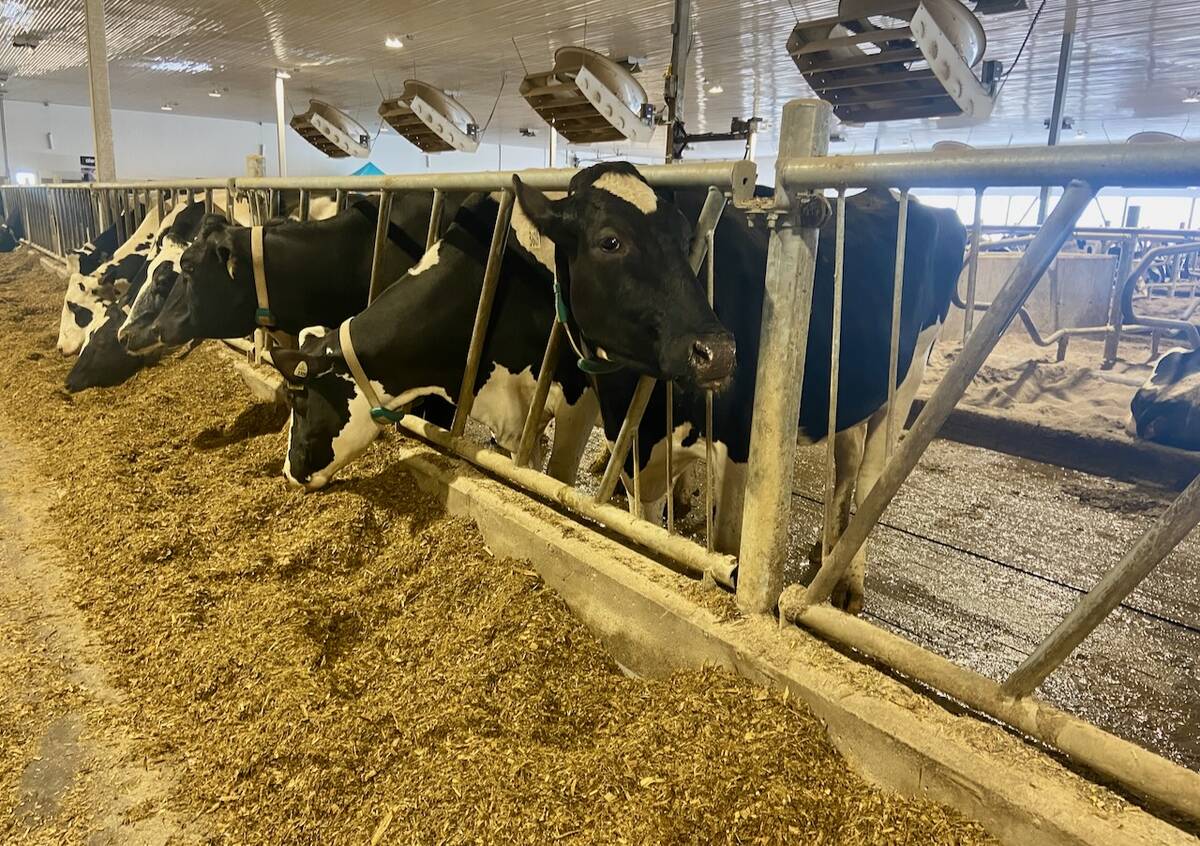Finding the right barley for a discriminating shochu drinker has been a long-term project for Japanese and Canadian researchers.
Almost as popular as sake, sochu can be made from a variety of products, including sweet potatoes, rice and barley.
Researchers are looking for suitable barley varieties because the alcoholic beverage’s distinct aroma and flavour depends on the raw material.
Sochu, which was originally produced in a single region of Japan, has been gaining popularity since 2003.
“The flavour of shochu has been gradually accepted by all regions of Japan,” said Joe Saho of Sanwa Shurui Co., the largest Japanese producer of shochu made from two row barley.
Read Also

U.S. farm group supports supply management
U.S. grassroots farm advocacy group pushing new agriculture legislation that would move towards supply management like Canada has for dairy industry
Requirements for this product were described at the Canadian Barley Symposium in Calgary July 9-10.
Darcy Driedger of Alberta Agriculture’s crop diversification centre in Brooks is part of a group looking for the best malting barley.
Researchers are looking at barley’s hardness, kernel weight and diameter and its ability to pearl. After the barley is pearlized, a milling operation removes the hull, bran and outer layers of the kernel. Broken kernels are undesirable.
“Broken kernels have a negative effect on the fermentation process,” said Saho.
Eight malting lines from Western Canada have been evaluated, with AC Metcalfe used as the check.
Research has found that genotype, growing conditions and location affect pearling performance and kernel breakage, said Driedger.
So far, Metcalfe, Copeland and two numbered varieties showed the lowest rate of kernel breakage.
Barley grown at Brandon had the best performance with only four percent breakage, while grain from plots at Vulcan, Alta., and Lethbridge had the highest level at more than 20 percent. Lacombe, Alta., produced the hardest kernels while Kamsack, Sask., had the softest.
In Japan, barley shochu has an alcohol content of 25 to 30 percent.















